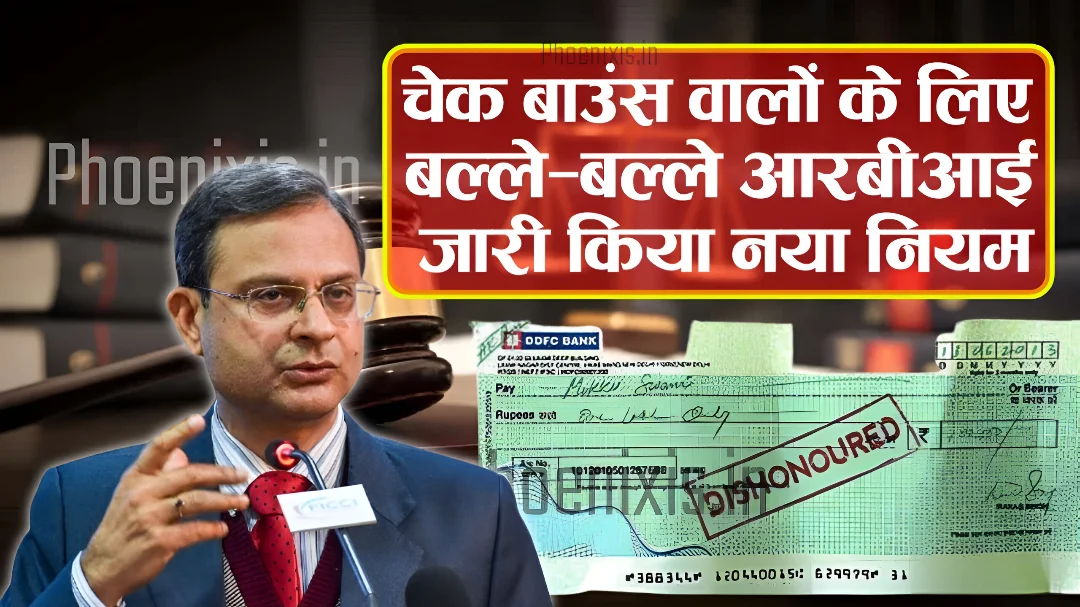Despite the rise of digital payments, cheque transactions remain widespread in India. However, one persistent issue has been the inconvenience caused by cheque bounces, often leaving customers waiting days for clearance reports and lacking timely updates. To address this, the Reserve Bank of India (RBI) has introduced a major reform aimed at streamlining the cheque clearance process and enhancing transparency.
🔍 What Does the New Rule Say?
Under the new RBI guidelines, banks will no longer be allowed to delay cheque clearance arbitrarily. They must either clear the cheque within a stipulated time frame or provide a clear reason for its rejection. Additionally, banks are now required to notify customers immediately via SMS or email if a cheque is bounced.
✅ How Will Customers Benefit?
This move is expected to significantly reduce disputes and legal cases related to cheque bounces. Customers will now be informed promptly about the status of their cheques and the reasons behind any rejection, allowing them to take appropriate action. The increased transparency is likely to boost public trust in the banking system.
⚠️ Stricter Measures for Repeat Offenders
RBI has also clarified that customers who repeatedly issue cheques that bounce—typically three to four times—may face strict action from their banks. This could include denial of new cheque books. The aim is to promote responsible cheque usage and discourage the practice of issuing cheques without sufficient balance.
🚀 Faster Transactions, Smoother Banking
With quicker cheque clearance, the new system will benefit traders, salaried professionals, and everyday customers alike. No longer will people have to wait for weeks to resolve cheque-related issues. RBI’s initiative is seen as a step toward modernizing the banking sector and aligning cheque transactions with the speed and efficiency of digital payments.
Disclaimer: This article is for informational purposes only. For official updates and confirmation of rules, please refer to the RBI’s official website or consult your bank.
